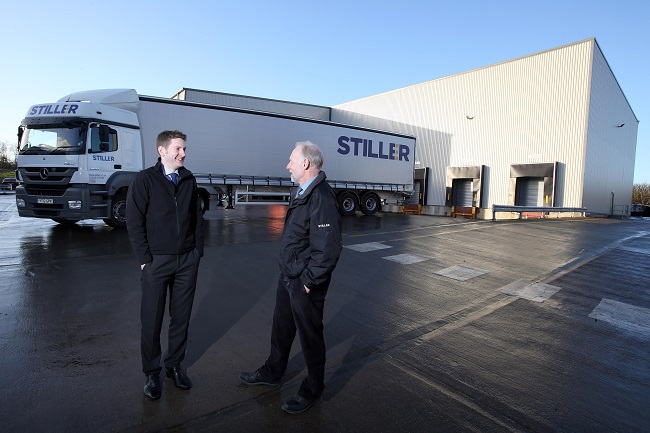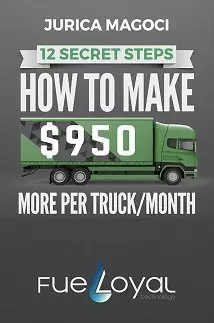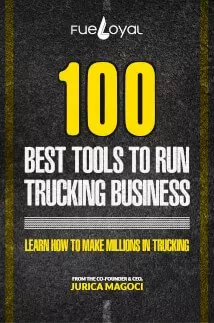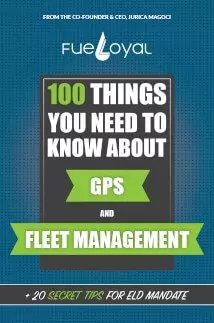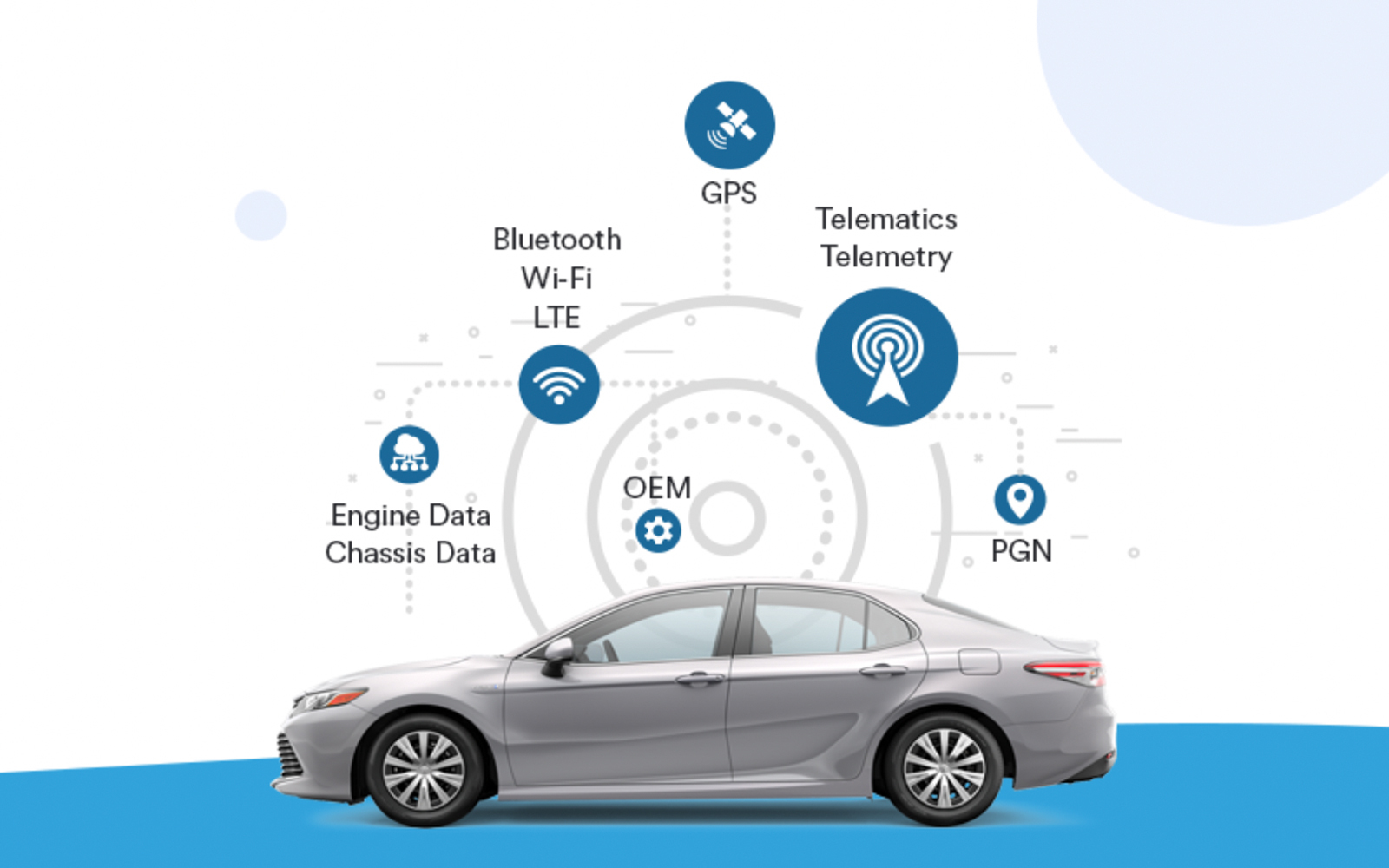No matter the industry, there are different ways to enhance your overall profit margin(s). One of the obvious suggestions is to simply cut your overhead cost. Another is to make sure you properly maintain your records. And as we have said numerous times, maintain your equipment.
LEARN 12 SECRET STEPS HOW TO MAKE $950 MORE PER TRUCK / MONTH
Hey! I'm George J.Magoci and I will send you a FREE eBook where you can learn 12 secret steps how to make $950 more truck/month.
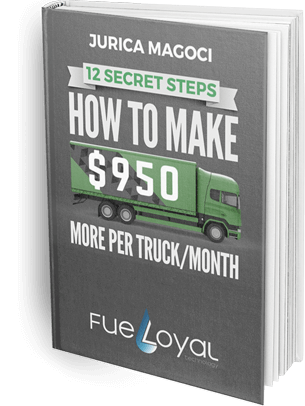
I can’t stress the importance of your safety rating. Your high safety standards play an important factor, as they help with insurance cost and are actually something most (if not all) potential customers will look at. We’ve also covered simple things like your tires and fuel misuse and proper monitoring and updating your data systems from hard copy to automated systems. All these little cost saving add up over the course of a busy year.
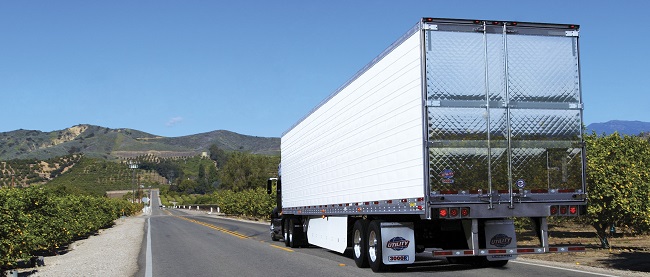
So, as you can see there are numerous ways to cut cost and save in the long run. But once you’ve nickel and dimed your budget how can you still increase your profit margin? Add more trucks and drivers? Increase your load and hauling capacity? They sound like good suggestions, don’t they? But how can you realistically do that, while maintaining a competitive edge?
